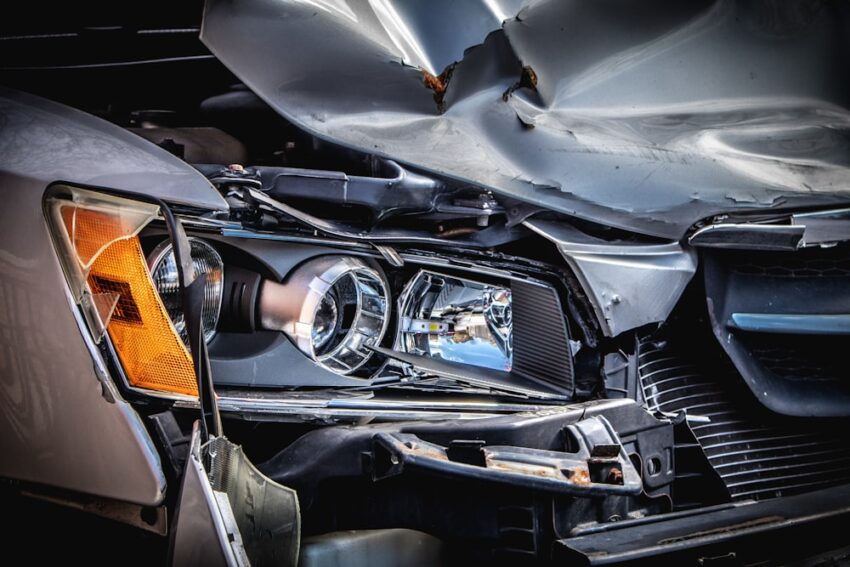Getting into a car accident can be traumatic, and dealing with the legal side of things is yet another headache. Understanding car accident laws in Illinois can go a long way in making sure you respond accordingly and preserve your rights as an injury victim.
Do You Have to Report a Car Accident to Police in Illinois?
A crash with bodily injury, death, or property damage over $1,500 (or more than $500 if any vehicle is not insured at the time of your accident) requires that you report it to authorities. Not reporting can result in both fines and having your driver’s license suspended.
You have to contact local law enforcement right away if you ever get involved in an accident. They will record down all details of the incident, which is important for insurance claims or any legal actions that may subsequently arise. Motor vehicle collision drivers must also submit a written report to the Illinois Department of Transportation (IDOT) within 10 days if their accident:
Car Crash Fault and Liability Under Illinois Law
Public Policy Influences Action
Illinois maintains an “at fault” insurance system, entitling the responsible driver to pay for damages. Fault determination is important for insurance claims and potential lawsuits.
Comparative Negligence in Illinois
Illinois applies a modified comparative fault standard that gauges each party’s level of negligence and the amount for which they should be compensated. If you are found to be more than 50 percent at fault, then the other party does not have to pay damages.
Coverage and Claims
Illinois requires drivers to have a minimum insurance coverage. The required limits are $25,000 for bodily injury per person, $50,000 for bodily injury per accident, and $20,000 for property damage. Illinois also mandates that the limits for uninsured motorist coverage are equal to bodily injury coverage.
You should file a claim with your insurer soon after an accident. See what reporting the accident involves, as it might mean a claims adjuster inspects the vehicle damage. Your knowledge on your policy and limits can play a major role in how much compensation you get paid out.
Uninsured/underinsured motorist coverage can be especially invaluable in the state of Illinois. It provides coverage in the event you are involved in an accident with a driver who has no insurance or doesn’t have adequate amounts of insurance. Since there is a rather high percentage of uninsured motorists, this protects you from absorbing the costs all by yourself.
Litigation and Damages
If you have been hurt in an auto accident as a result of someone else’s negligence, then it might be time to depend on the help from a knowledgeable car crash lawyer in Chicago. Personal injury claims in Illinois are governed by a two-year statute of limitations. You have a relatively short time to act within those legal frames so in order to protect your rights you must do this quickly.
It is essential that you understand the types of compensation available and how to claim them. Injuries from personal injury can include medical expenses, lost wages and pain as well.
If you have a small claim, typically property damages of less than $10,000, plaintiffs can file using their local Small Claims court. A more expedited and cost-effective option than full litigation, this streamlined process can appeal to claims of lesser magnitude.
Not knowing the car accident laws in Illinois can mean that you are not protecting yourself as best as possible, legally and financially. By knowing how to report an accident, understanding insurance claims, and your rights after a car crash, you will be more empowered in the unfortunate event of an accident. Consulting with an attorney about your legal questions can help you obtain individualized advice and the full protection of Illinois law.

